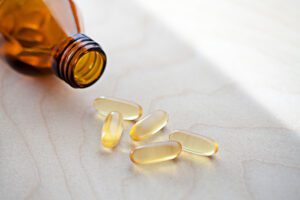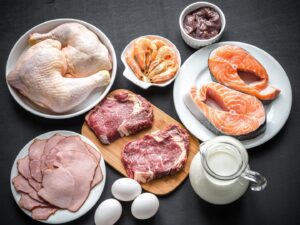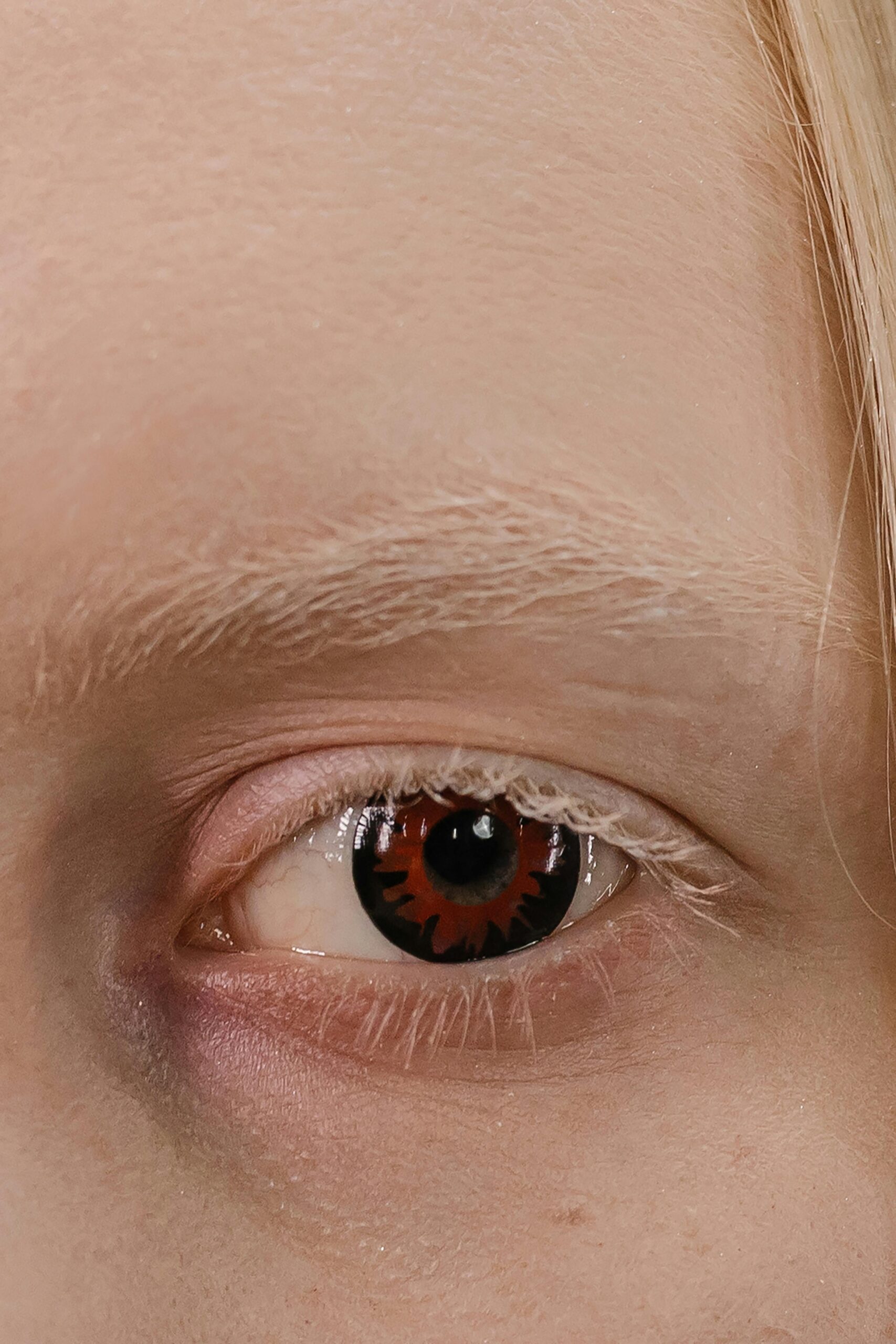Vitamin B12 or Cobalamin is a water-soluble nutrient found mainly in foods of animal origin.
By water-soluble, it means that the vitamin can dissolve in water and travel through the bloodstream. Surprisingly, the body can store vitamin B12 for up to 4 years, however, at some point in life, it can still be deficient.
It is one of the most important nutrients our body needs for various functions such as the formation of red blood cells and DNA. It also plays a significant role in brain and nerve cell development.
What is Vitamin B12 Deficiency?

It is found in many animal products and you can get enough of it through supplements, B12 deficiency or deficiency is a common problem among people.
This may be due to reduced intake of foods that contain vitamin B or to certain health conditions including pernicious anemia, gastrointestinal problems such as peptic ulcer, gastrinoma or Zollinger-Ellison syndrome, and certain medications that negatively affect absorption of vitamin B12.
Two-foot sensations to note

Low levels in the body can lead to wide-ranging symptoms.
Among many, two of the lesser-known symptoms include “tingling” or “numbness” in the feet.
Also Read: Foods and Drugs that causes erectile dysfunction
This occurs because vitamin B12 contributes to the healthy functioning of the nervous system. Its absence can therefore make people susceptible to nerve damage.
Other symptoms of vitamin B12 deficiency
Conditions can develop gradually, but can get worse if not treated in time. Some of the symptoms to keep in mind are as follows:
- Tiredness or extreme tiredness
- Wheezing
- Headache and dizziness
- Pale skin
- Palpitations
- Gastrointestinal problems
- Difficulty concentrating
Who Should Take Supplements?


For people who fall into high-risk groups, supplements can be helpful in addressing their deficiency symptoms.
According to the National Academy of Medicine, adults over the age of 50 meet most of their vitamin B12 needs through supplements and fortified foods, as they have a greater risk of poor absorption.
Also, if you’ve eliminated fortified meats, dairy, and grains from your diet, you may need supplements. However, it is best to consult with your dietician or doctor.
See also: Drugs and What to Consider in the Treatment of Ulcer
The best food sources of vitamin B12

As discussed, some of the best sources of vitamin B12 are found in animal products.
Beef, pork, ham, poultry, lamb, fish (tuna and haddock), seafood such as shellfish and crab, dairy products such as milk, cheese and yogurt, along with eggs are the best food sources.
You can also add fortified cereals to your daily diet.








